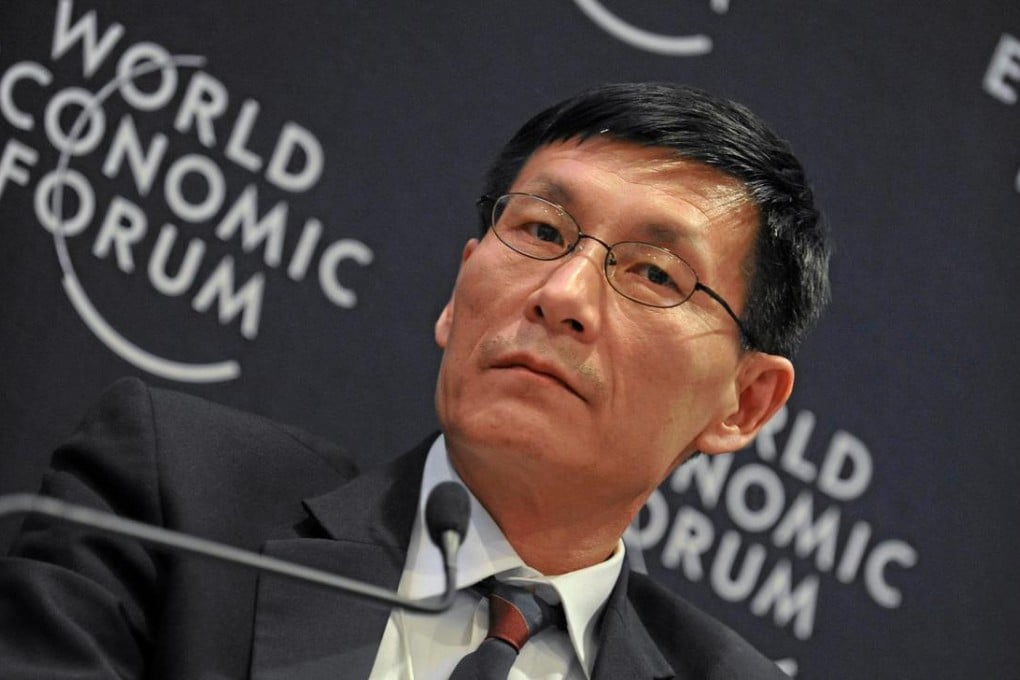Levin Zhu, son of former premier Zhu Rongji, quits investment bank CICC
Decision by former premier Zhu Rongji's son may slow down bank's IPO process

Levin Zhu, the son of former Premier Zhu Rongji, has resigned as chief executive of the first Sino-foreign joint venture investment bank in a surprise move likely to slow down the company's initial public offering (IPO) process.
The 57-year-old Zhu used his clout at China International Capital Corp (CICC) to secure mega underwriting deals from state-owned juggernauts such as China Unicom.
CICC said Shoukang Lin, a managing director, would become acting chief executive. It expressed its "utmost gratitude" to Zhu for his "outstanding contributions" to the company in more than 16 years.
"It came as a big surprise to the Beijing office, even after a series of steady departures of senior executives," said a middle-level CICC manager, who spoke on condition of anonymity.
Sources said Zhu would most probably move into the internet business.
Zhu's resignation came after CICC had started preparations for a Hong Kong IPO in the middle of this year with targeted proceeds of US$500 million. The investment bank will now need to fine-tune its documentation ahead of the IPO.
A fund manager with ties to CICC said Zhu's resignation was partly the result of the mainland leadership's determination to urge the offspring of top leaders to cut ties with vested interest groups amid President Xi Jinping's anti-graft campaign.